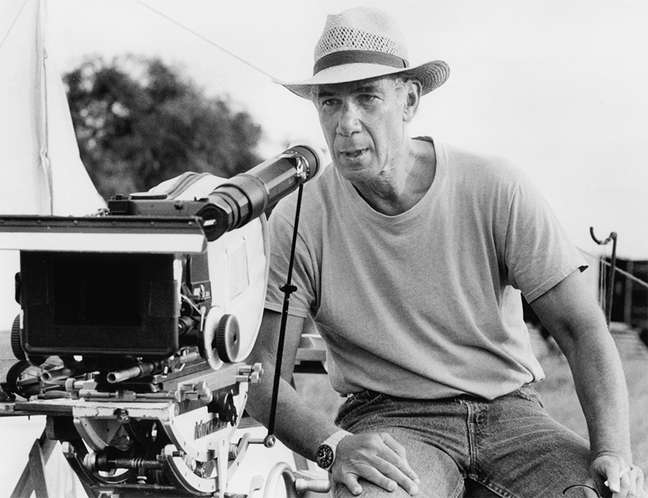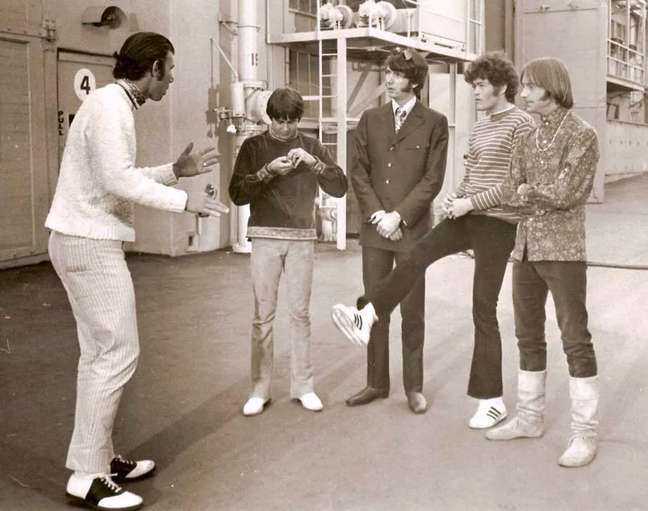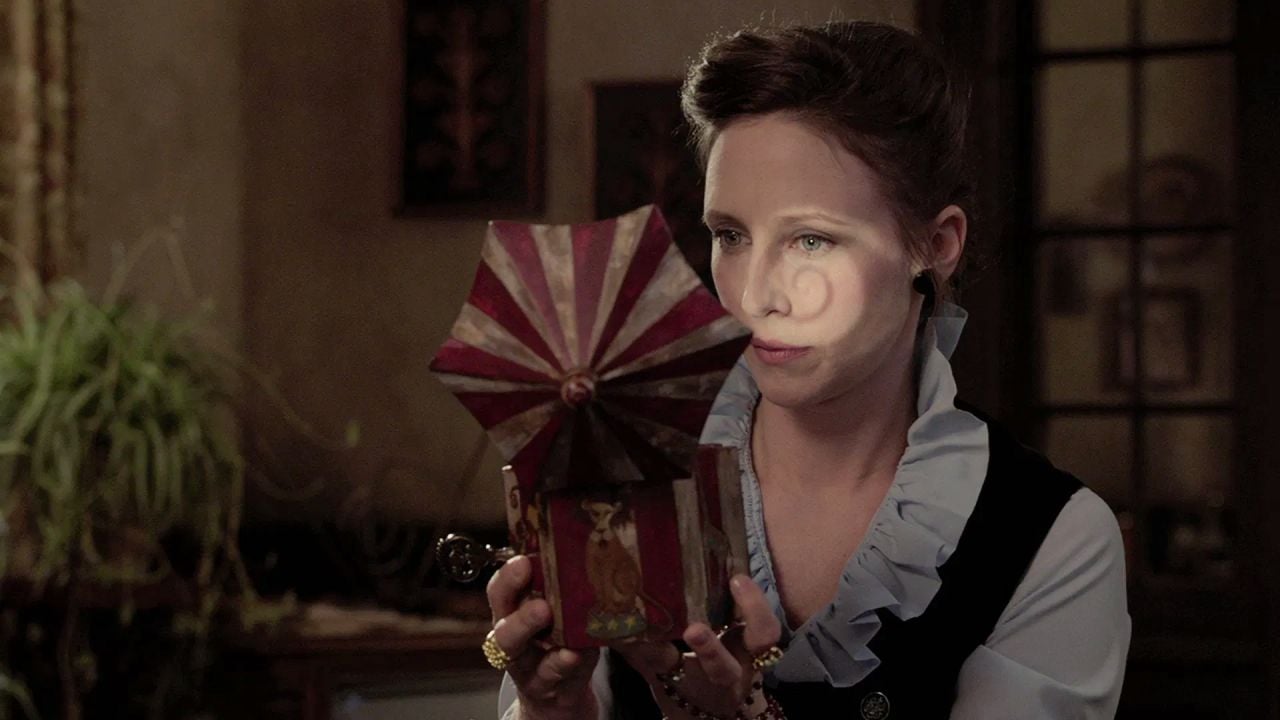
Director Bob Rafelson, creator of the Monkees and blamed for bringing European sensibility to American cinema in the 1970s, died Saturday night (7/23) at his Aspen, Colorado home at the age of 89, surrounded by his family.
Robert Rafelson was the grandson of Samson Raphaelson (“The Corner Shop”), Ernst Lubitsch’s favorite screenwriter. Born in New York in 1933, he studied philosophy, worked as a radio broadcaster, translated Japanese films, and began writing for TV in 1959, adding dialogue in the “Play of the Week” teletheater series.
He went on to work as a producer in the 1960s, on attractions such as “The Greatest Show on Earth” and “Channing”, before conceiving his first hit: “The Monkees”.
The Monkees series was conceived as the American answer to the Beatles phenomenon and its members were selected through auditions from several musicians, who also needed to demonstrate their acting skills to pass.
Released in September 1966, “Os Monkees” soon became a fever and popularized several sung hits in its episodes. But it was canceled after two years and two Emmys (Best Comedy Series and Direction).
Ironically, the series finale marked the beginning of Rafelson’s film career, who once again brought musicians together to release his first feature film as a director in 1968, “The Monkees Are Loose” (Head), co- written by actor Jack Nicholson.
The highly psychedelic storyline reflects the countercultural ideals of Rafelson and his partner, producer Bert Schneider, with whom he formed Raybert (later renamed BBS), the production company responsible for milestones such as “Easy Rider” in 1969 and “The Last Session of Cinema” in 1971.
His second film, “Everybody Lives As He Wants”, with partner Jack Nicholson, was the high point of his career and cinema at the time. The film achieved considerable critical acclaim and projected Nicholson’s career, as it incorporated the influence of the French nouvelle vague into American cinema for the first time. The Swedish master Ingmar Bergman also praised and expressed admiration for Rafelson’s work.
“Everybody Lives As He Wants” was a road movie with characters that reflected Rafelson’s vision of an outsider (Nicholson) afflicted with deep, creative and hidden pain. In an interview, he confessed that it was his own story of him, as someone who couldn’t stand his family and tried to get away from it all. “I’ve been trying to escape my past since I was 14,” said the director, recalling his mother’s alcoholism.
Nominated for four Oscars, including Best Picture, the work also marked Jack Nicholson’s entry into the star team, with his first Best Actor nomination.
On a smaller scale, Rafelson’s subsequent films were also recognized for signaling a new depth in American cinema, including “The Illusion King” in 1972 and “The Bodyguard” in 1976. But his career was soon struck by tragedy, when her 10-year-old daughter, Julie, died in a gas stove explosion at her Aspen home in 1973. From that point on, her releases became more scarce and pessimistic.
Rafelson has focused on film noir themes in two consecutive releases: the new collaboration with Nicholson in “Destiny Knocks at Your Door” (1981) and the femme fatale film “The Mystery of the Black Widow” (1987), starring Debra Winger and Theresa Russell. The stage garnered excellent box office receipts and high praise in Europe, where Rafelson’s reputation has remained high.
Between the two films, the director also participated in the history of music videos, directing the video for Lionel Richie’s 1983 hit “All Night Long (All Night)”, combining the captivating pop ballad with a colorful and abstract portrait of a sunset party.
He signed his highest budget film in 1990: “Mountains of the Moon,” a mix of biographical drama and adventure about the explorer Sir Richard Burton and his quest to find the source of the Nile River in Africa.
To compensate for the more conventional work, he made two other films with Nicholson: “The Watchdog” (1992) and “Blood & Wine” (1996). And while the actor considered Rafelson to be part of his “family”, the 1992 film was the worst job of both their careers.
Subsequently, the director returned to the noir genre to direct the telefilm “Poodle Springs,” for HBO, in which James Caan played detective Philip Marlowe. And he only made one more feature film in theaters, the crime thriller “No Apparent Risk,” starring Samuel L. Jackson and Milla Jovovich, which imploded at the box office in 2002.
Reflecting on his career in a 2004 interview, Rafelson was philosophical: “If people identify with your work, well, you’re very lucky … that gives you permission to continue making films. But if you don’t get it. the applause, well, there are other things. I mean, after all, there is your life to live. “

Source: Terra
Camila Luna is a writer at Gossipify, where she covers the latest movies and television series. With a passion for all things entertainment, Camila brings her unique perspective to her writing and offers readers an inside look at the industry. Camila is a graduate from the University of California, Los Angeles (UCLA) with a degree in English and is also a avid movie watcher.



-1k253oovvden7.png)



